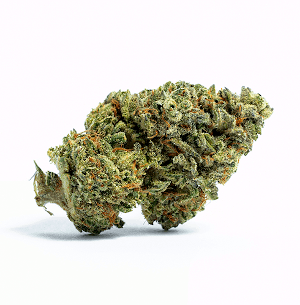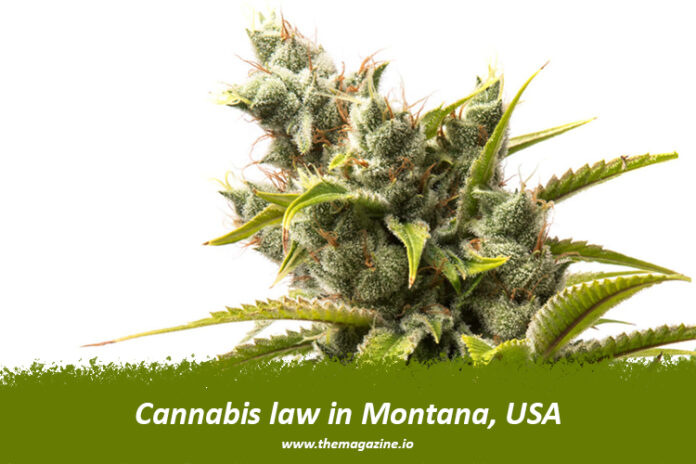Montana has a complex history with cannabis. The state first enacted cannabis prohibition in 1929, but medical marijuana was legalized in 2004, and recreational use was legalized in 2020.
Under Montana’s current cannabis law, adults aged 21 and older can legally possess and use cannabis. They can possess up to one ounce of cannabis or 8 grams of concentrate, and they can grow up to four mature plants and four seedlings at home for personal use. However, it is illegal to consume cannabis in public places, and driving under the influence of cannabis is also illegal.
In addition to personal use, Montana’s cannabis law allows for the commercial cultivation, production, and sale of cannabis products. The Montana Department of Revenue is responsible for regulating the industry, including licensing and enforcement. However, there are limits on the number of licenses available, and local governments have the authority to ban or restrict cannabis businesses within their jurisdictions.
One notable aspect of Montana’s cannabis law is that it includes provisions for social equity and justice. The law sets aside a portion of cannabis tax revenue for grants to support communities that have been disproportionately affected by the War on Drugs. Additionally, individuals with prior cannabis-related convictions can petition to have their records expunged.
Montana’s medical marijuana program, established in 2004, remains in effect alongside the new adult-use law. Patients with qualifying medical conditions can obtain a medical marijuana card from the Montana Department of Public Health and Human Services. They are allowed to possess up to one ounce of cannabis or 8 grams of concentrate and grow up to four mature plants and four seedlings. Medical marijuana dispensaries are also allowed, subject to licensing and regulation by the state.
While Montana’s cannabis law is now more permissive than it has been in the past, there are still limitations and restrictions that cannabis users and businesses need to be aware of. It is important to stay up-to-date on changes to the law, as regulations and requirements may change over time.
Finally, it is worth noting that even though cannabis is legal under Montana state law, it remains illegal under federal law. While the federal government has generally taken a hands-off approach to state-level cannabis legalization in recent years, this could change at any time. As such, anyone involved in the cannabis industry in Montana should be aware of the potential risks and uncertainties associated with federal law.



